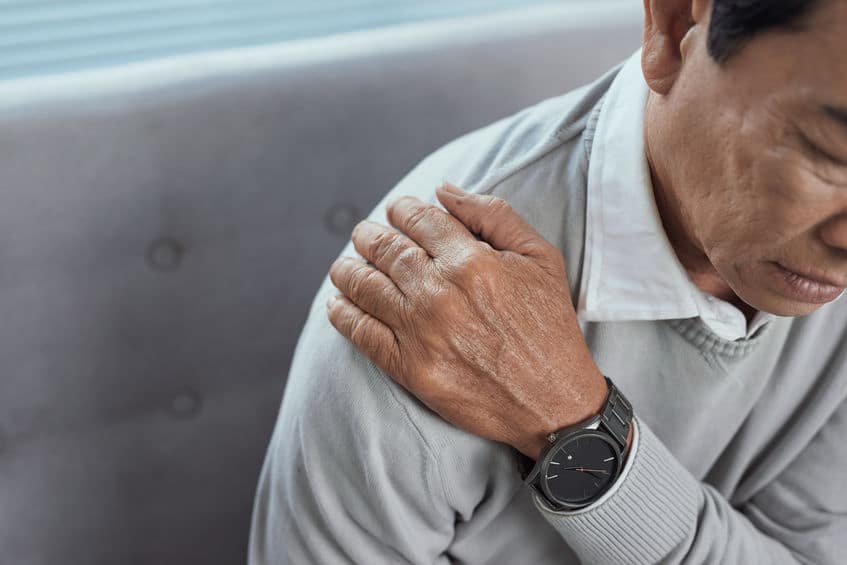We focus on investments and wealth planning, but we also routinely advise our clients on other matters that affect their well-being, such as healthcare coverage and lifestyle options. And this is especially the case now as COVID-19 is changing how medical concerns are being treated, and how Americans interact with their healthcare providers.
A big issue these days is medical care for people who are over 60, the group considered to be at higher risk from COVID-19. A good recent development is that Medicare (government health insurance for those 65 and older) has recently changed what it will cover and when, due to the COVID-19 outbreak.
We think the most important change is this: All Medicare recipients can now qualify for home healthcare if they are at risk traveling outside their homes for those services.
What this means: If you are a Medicare beneficiary and your doctor specifies that cannot leave your house because of suspected or confirmed COVID-19 or a medical contraindication (hypertension, diabetes, etc.) — and you need the services of a skilled nurse — you can get those services at your home, covered by Medicare.
In the past, only people incapable of leaving their home, or “homebound,” could qualify for Medicare home healthcare benefits. The new rules change this to “confined to home” so those more susceptible to COVID-19 can get the healthcare they need without having to go into a medical facility.
Other Important Changes
There are other notable changes, according to Nicole Kane, Director of Care Management at Aging Wisdom in Seattle, a care management and consulting practice:
- All prescription drug plans are required to fill 90-day supply;
- Pharmacists can authorize emergency refills without doctor approval;
- No cost to patient for COVID testing, although typical cost-sharing applies for COVID treatment;
- Vaccine, once available, will be free;
- Medicare Advantage plans are waiving a variety of requirements:
— Non-contracted facilities now covered
— Out-of-network providers are now covered (same cost-sharing)
— Referral requirements waived.
Keep in mind: Similar to past Medicare policy changes, the implementation of the changes above will be rocky as many healthcare providers may not be aware of the changes or how to implement them. So it is important to seek guidance and be persistent.
On a final note: there have also been changes to coverage requirements for Skilled Nursing Facilities (SNFs), such as nursing homes and other assisted living facilities. Most relevant here, residents may be able to extend Medicare coverage even if they used their entire 100-day benefit. In addition, individuals can be admitted to a SNF under Part A Medicare coverage without a prior three-day inpatient hospital stay. They can be admitted after a shorter inpatient hospital stay or an observation status hospital stay, or even directly from the community if they meet Medicare’s other requirements and need skilled nursing or skilled rehabilitation services.



